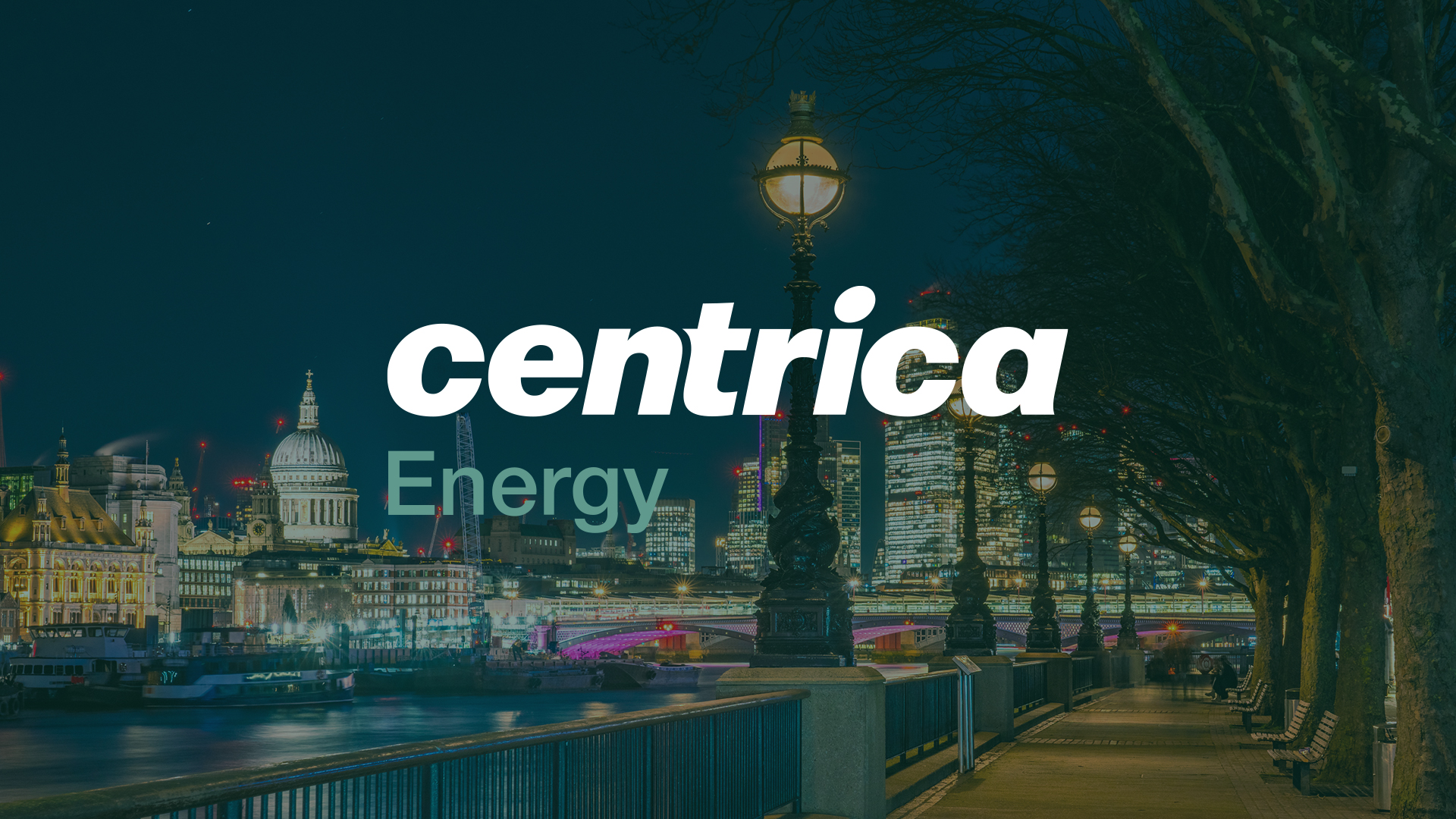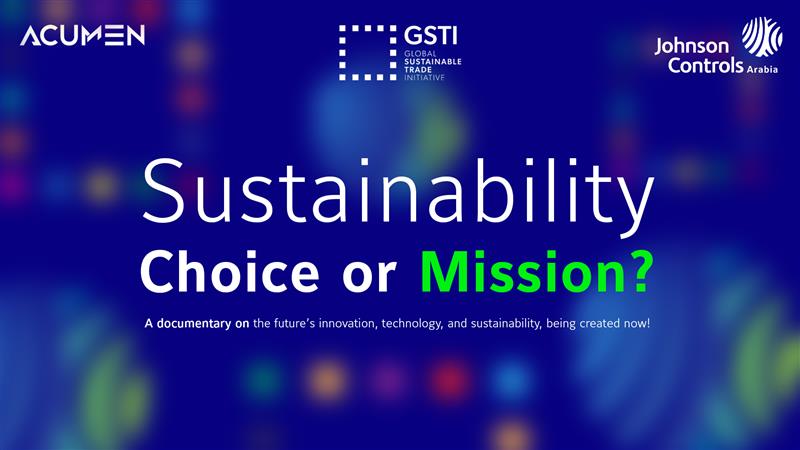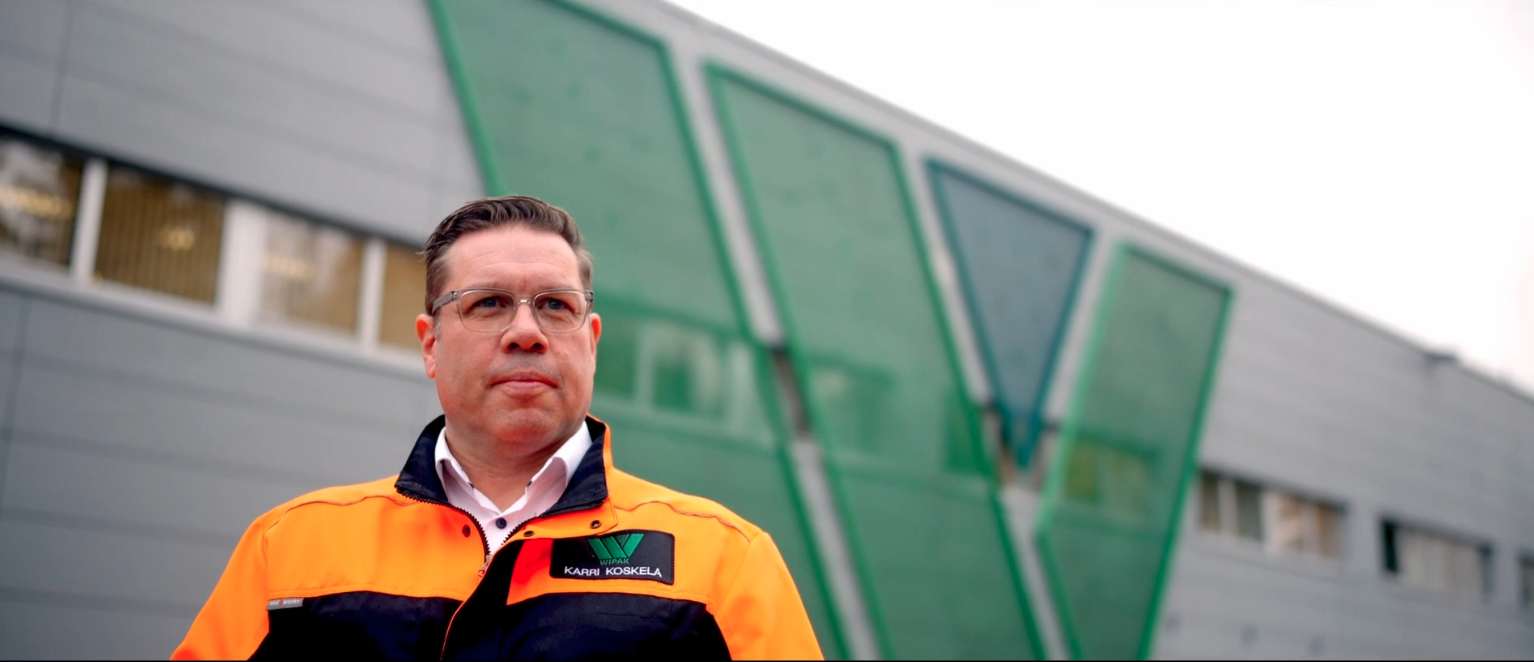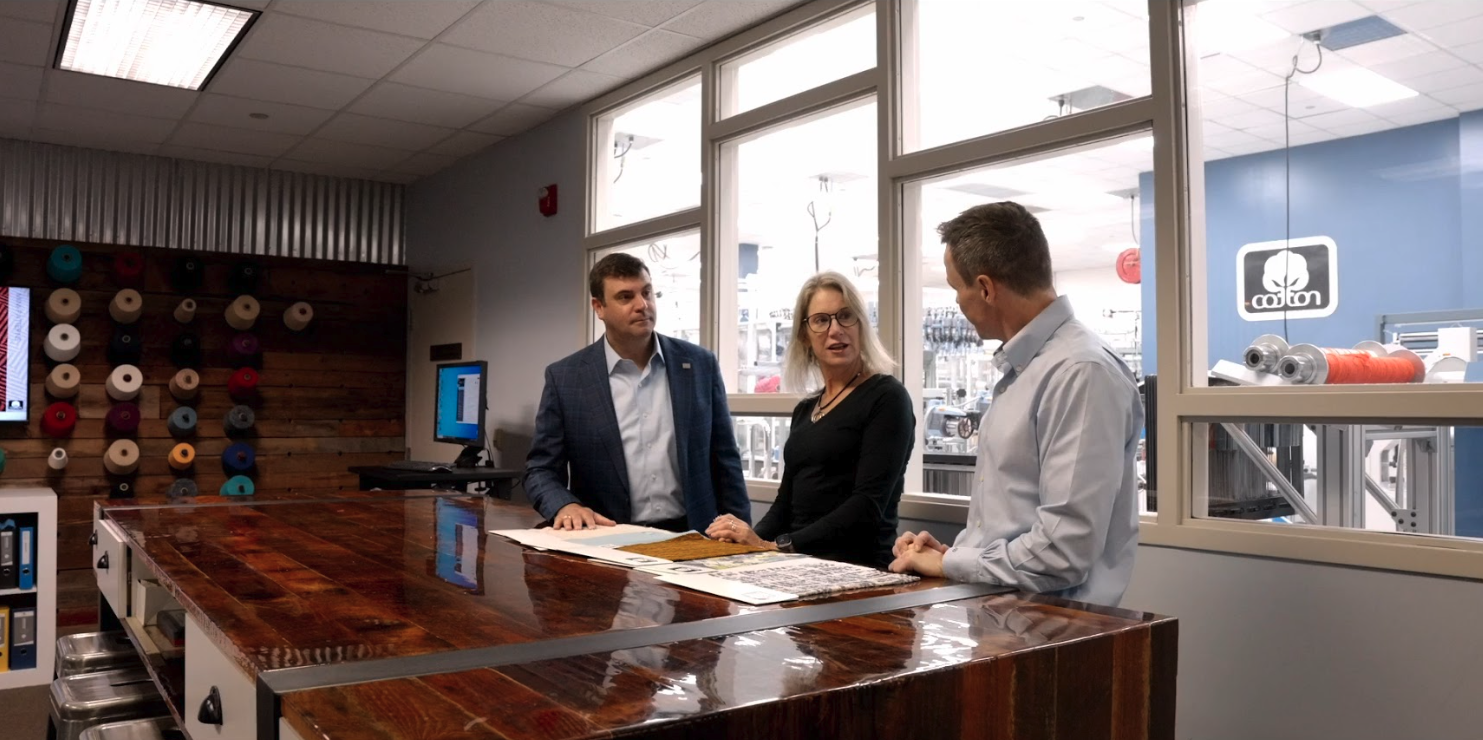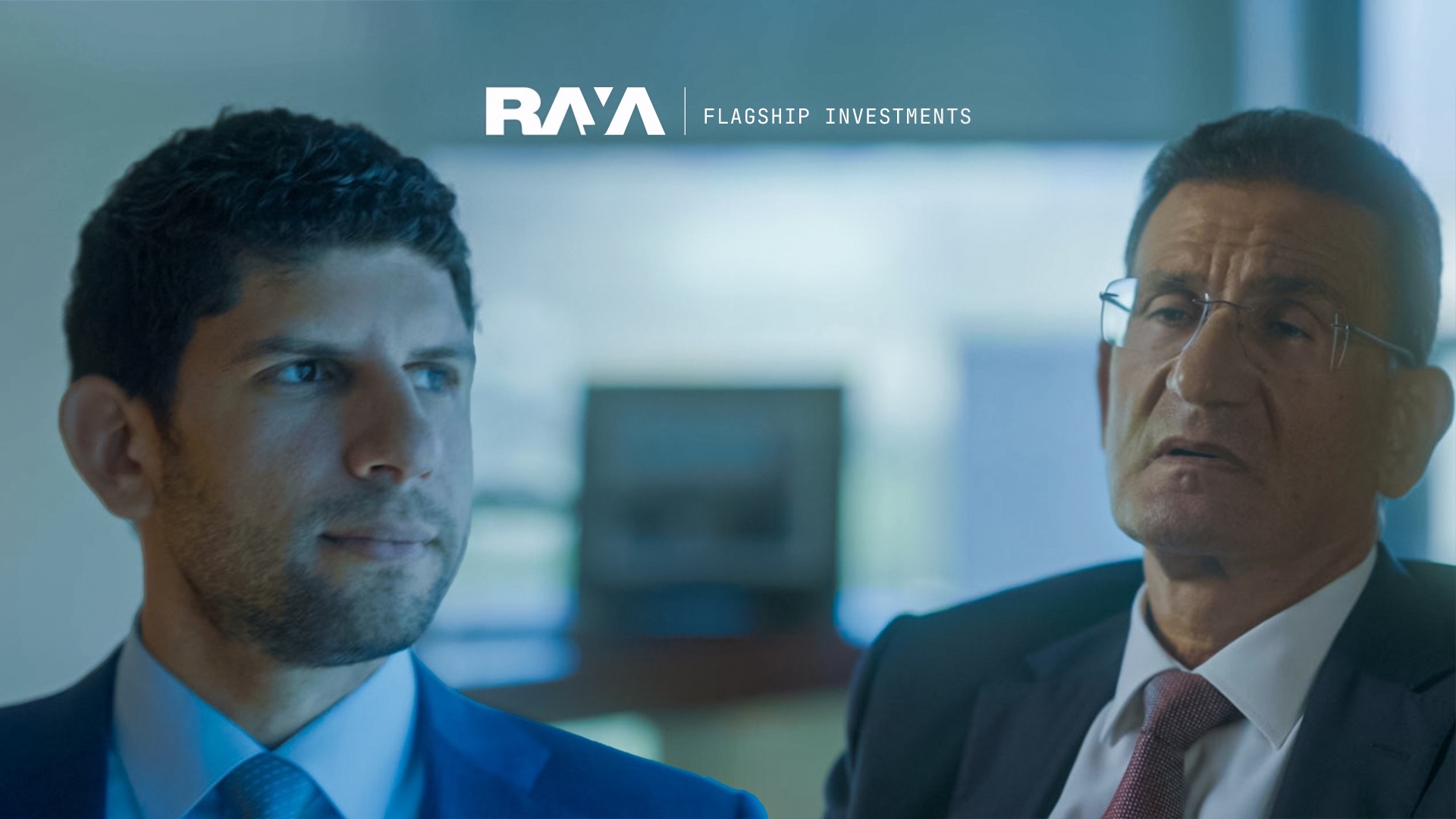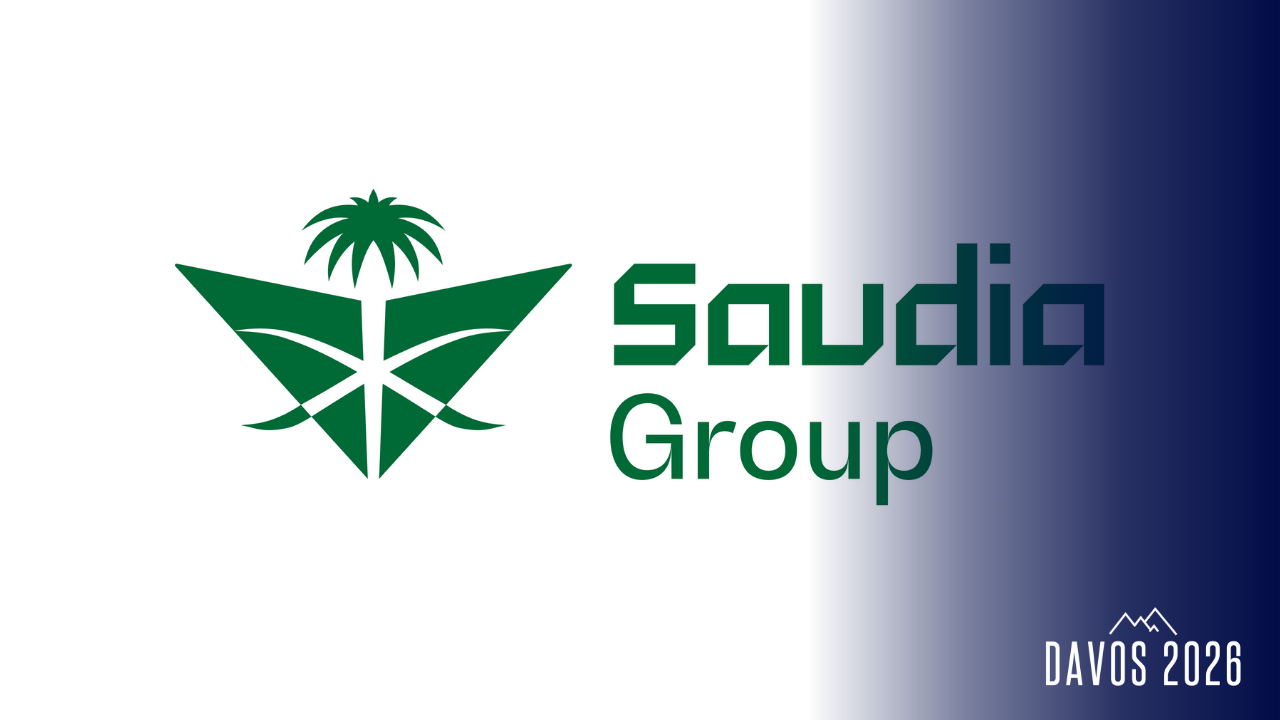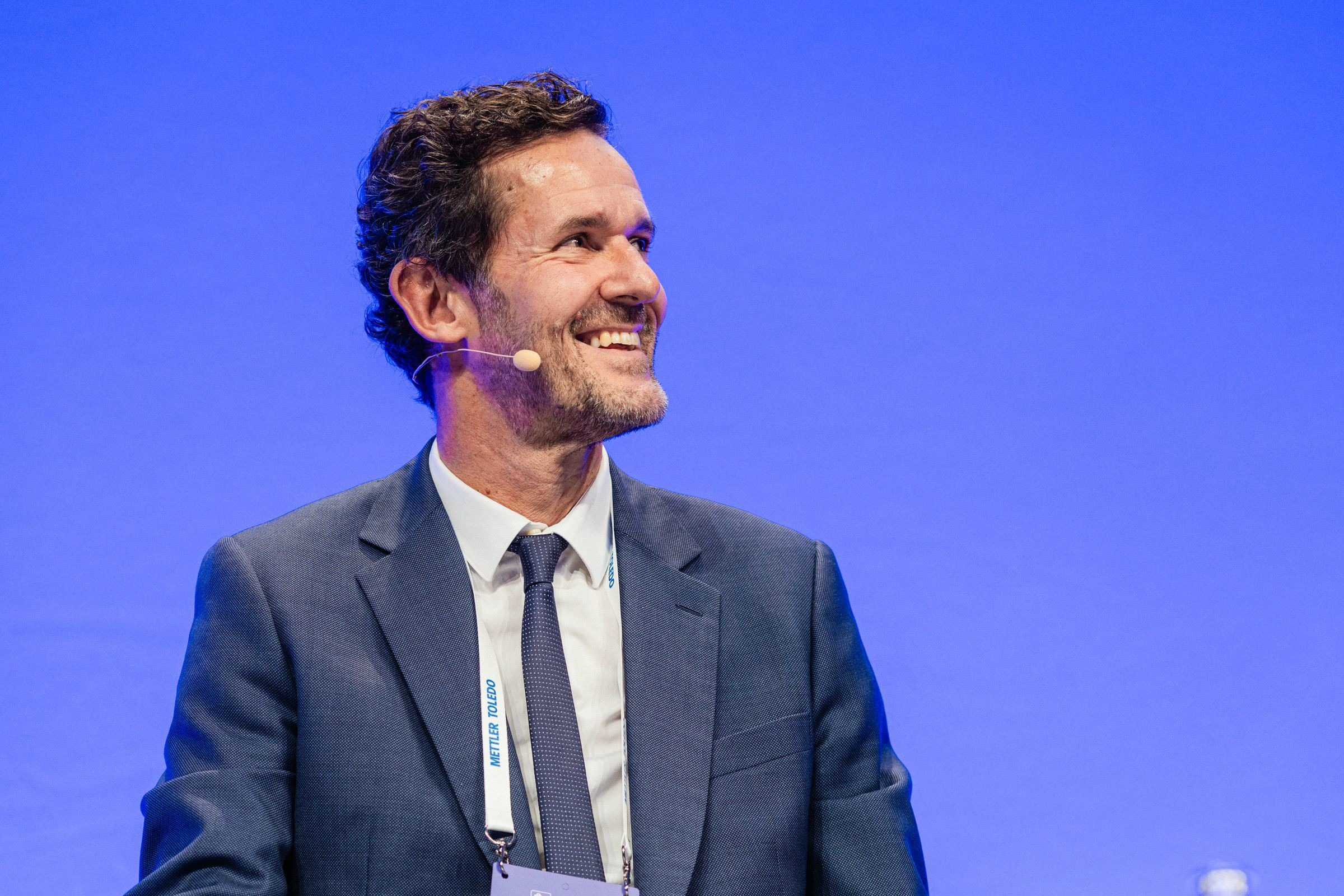Catalyzing Global Sustainability Through the Private Sector

Under the auspices of the UN Secretary-General, the UN Sustainable Development Solutions Network (SDSN) is at the nexus of cutting-edge science, policy, and development practice to maximize SDG achievements at the global, regional, national, and local levels.
In 2015, 193 Member States adopted the 17 Sustainable Development Goals (SDGs) – a shared blueprint for peace and prosperity for people and the planet, now and into the future.
The SDGs call for major societal transformations that require significant fiscal outlays as well as private investments.
Given the scale of investment required to meet the SDGs, private sector involvement is no longer optional—it is essential.
The Financing Gap and the Role of the Private Sector
The Global Financial Architecture (GFA) – the system of institutions, legal agreements, and economic actions that allow financial capital to flow internationally for investment and trade financing – is failing to channel the necessary financing to achieve sustainable development. This is particularly acute in Low-Income-Countries and Low-to-Middle-Income-Countries as well as in subnational areas, including cities. Estimates highlight that $5-7 trillion USD is needed annually from multiple sources to achieve the SDG targets, but traditional funding sources, such as public sector budgets and development aid, are insufficient to close this gap.

The SDSN’s Role in Mobilizing Private Sector Financing
The SDSN is working actively with stakeholders across sectors to advocate for and mobilize financing for sustainable development. This includes working through its SDG Transformation Center as well as its leadership of the High-level Group on the SDG Stimulus Plan and Global Commission on Urban SDG Finance to support international efforts to scale up sustainable development finance.
For example, the SDG Transformation Center is working to explore financing pathways and mechanisms to facilitate domestic resource mobilization which supports the SDG Stimulus and reforms of the Global Financial Architecture; assess SDG financing gaps globally and for specific countries and country groups; support countries’ efforts to develop long-term budget frameworks aligned with the SDGs; and provide recommendations to share fairly and globally the burden of financing for human-induced adaptation and Loss & Damage costs among responsible countries.
The SDSN Global Commission for Urban SDG Finance is committed to channeling insights from mayors, climate and finance experts, and city leaders to create and promote innovative solutions for boosting urban SDG financing across various regions, balancing both mitigation and adaptation efforts. The Commission is co-chaired by Anne Hidalgo, Mayor of Paris, France, Eduardo Paes, Mayor of Rio de Janeiro, Brazil, and Professor Jeffrey Sachs, President of the SDSN and Director of the Center for Sustainable Development at Columbia University.
The SDSN recognizes that achieving the SDGs is not just a moral imperative, but also an economic one. Sustainable development represents a significant business opportunity, with the potential to unlock new markets and drive economic growth. In sectors such as renewable energy, sustainable agriculture, and inclusive health services, the private sector can leverage its expertise and resources to develop scalable solutions that benefit both society and business.


